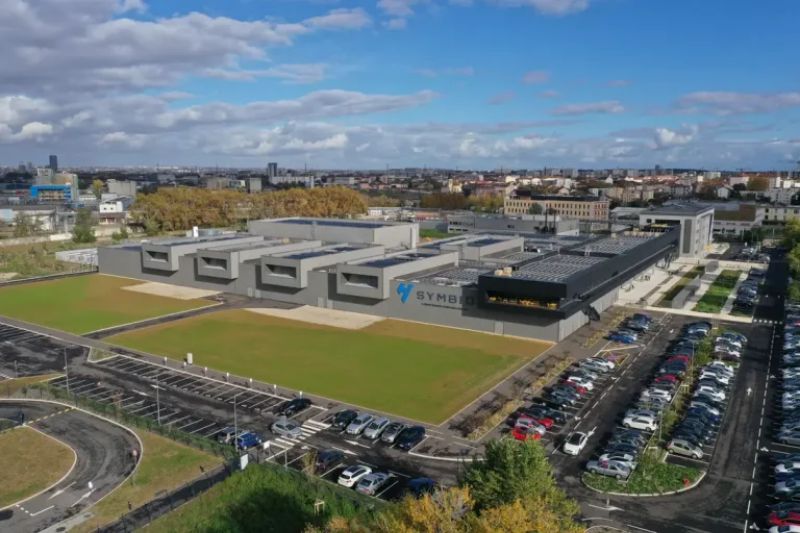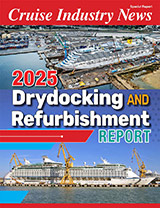Proteus Energy has developed the Proteus Maritime Fuel Cell Solution, a modular hydrogen fuel-based system for ports and vessels. The first offering is the Proteus75.
The company said in a press release that each fuel cell stack has a 75 kW output, and these can be combined to meet larger power requirements.
The vessel types being targeted are harbor craft and vessels in the coastal, offshore support and inland waterway segments.
The technology has been developed in partnership with Symbio France, a company specializing in hydrogen fuel cells. Symbio is jointly owned by global industrial groups Michelin, Stellantis and Forvia.
“The maritime industry needs viable clean energy solutions today,” said Dr. Lars Gruenitz, CEO of Proteus Energy.
“We are providing a high energy density solution that is compact and lightweight, which is critical for vessels where space and weight considerations are imperative. This best-in-class system is the logical and most cost-effective choice to help operators make a quantum leap in their decarbonization efforts,” added Gruenitz.
The Proteus Maritime Fuel Cell Solution can be delivered as a modular powerpack or customized and fitted into vessels.
Benefits include:
- Zero tailpipe emissions
- Negligible noise or vibration
- Low maintenance cost due to few moving parts and no lubrication oil consumption
- Fast refueling time compared to slower battery charging time, and
- Hydrogen fuel can be stored for long periods of time.
Proteus’ fuel cell technology also complements electric propulsion, offering a powerful solution for hybrid vessels by extending their range, easing the load on batteries and improving space efficiency and vessel performance.
The solution will be backed by a two-year performance guarantee from Symbio France.
The company added that it also offers high-pressure hydrogen storage tanks developed with its partner Forvia, a global components and technology company.
The DNV type-approved tanks offer a safe and easy way to store hydrogen onboard vessels and will be produced on an industrial scale.
In addition, Proteus works with port operators to provide them with customized refueling solutions and infrastructure.
The solution is expected to be available for delivery starting in January 2026, with type approval from DNV anticipated by the end of this year.




